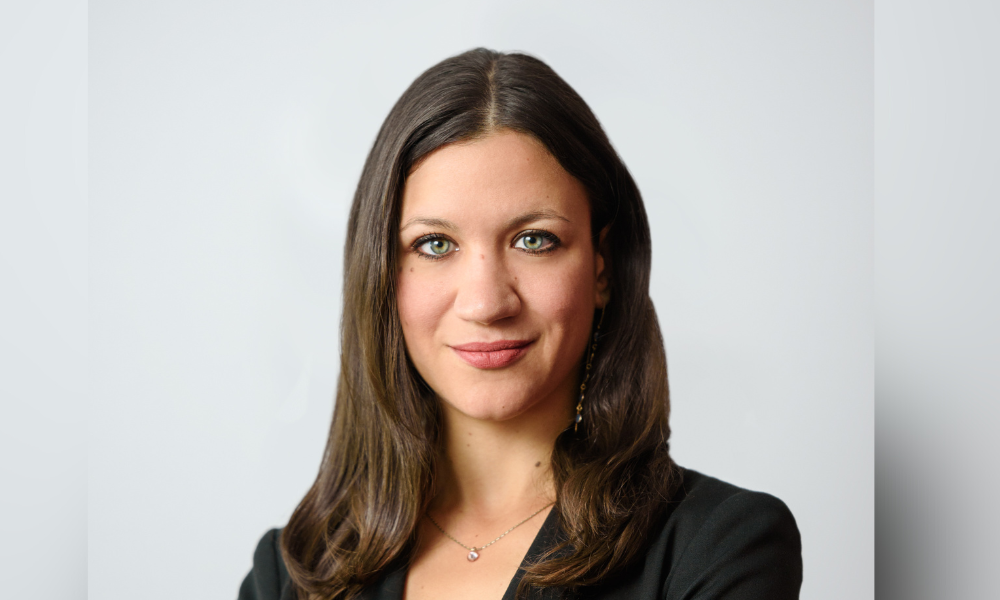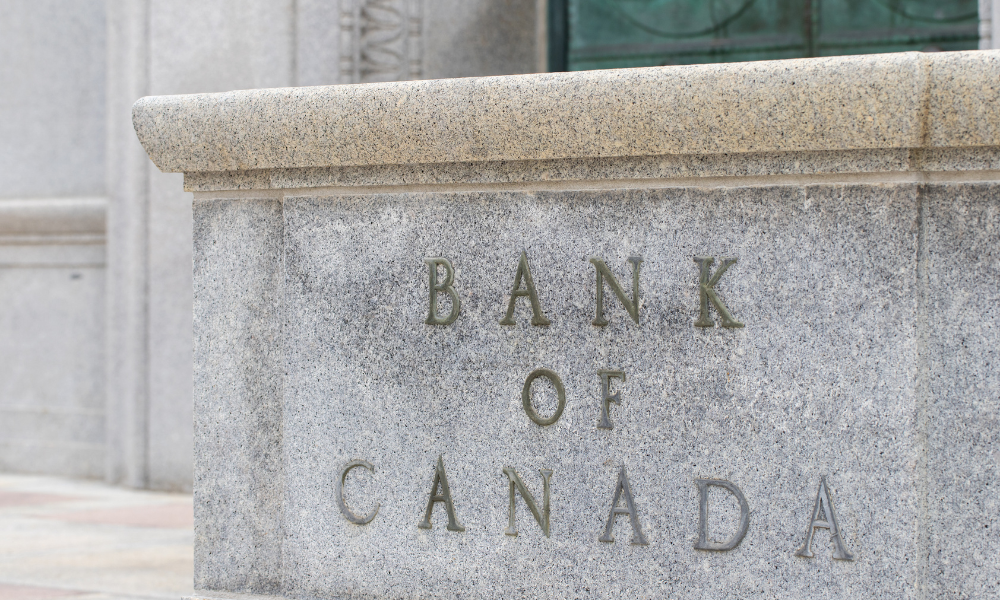Markets, advisors, and clients are depressed, but this tough period won't last

It’s been a rough year for investors, but a forum featuring five of the big banks said there’s still time to get defensive and that there are many good solutions for that.
“The markets have been depressed. Advisors have been depressed, and their clients have been depressed. But there are ways that we can protect and help to manage some of what’s going on,”
Erika Toth, Director of Institutional and Advisory for Eastern Canada for BMO Global Asset Management, told Wealth Professional, as it ended its four ETF Fall 2022 Forums.
The forums, featuring seven panellists from five banks, were held from September 4 to October 13 in Burlington and Richmond Hill, Ontario, Vancouver, and Montreal, and Richmond Hill. They involved representatives from BMO ETFs and BMO Capital Markets, CIBC Capital Markets, National Bank, Scotiabank, and TD Securities.
Read More: BMO PM reveals his best ETF picks for year ahead | Wealth Professional
“One of the key themes that kept being brought up was the low volatility ETFs because they have done an excellent job protecting on the downside,” said Toth.
She noted that sector ETFs have come to the forefront as people want to be more specific in their exposure. National Bank suggested investing in consumer staples since they had the lowest drawdowns of all sectors during the last six recessions since 1973. Several banks also recommended investing in utilities and infrastructure, which has a lower correlation with stock and bond markets. CIBC recommended Infrastructure companies that either build or lease infrastructure and have sticky long-term contracts or recurring cash flows that provide some inflation hedge. But, all of these ETFs tend to be large and liquid with long-term track records.
Toth said covered call dividend strategies were another recurring theme.
“They’ve been really popular this year because it means owning high quality dividend stocks, which are backed by solid cash flows. They’re large cap blue chip names, but they provide a yield of 6.5% to 8%,” she said,. “When markets are down right now, that really helps advisors a lot when their clients are statements down. It’s really tax efficient as well.”
While there has been a painful reset in the bond market, Toth said investment grade laddered corporate bonds now also look more attractive than they have in years because the yields have increased so quickly. So, she’s expecting clients to allocate more to fixed income in the next year because “the yields are going to warrant it
Toth said the panellists noted that this slump is not going to last forever, so advisors should be positioning their clients for more growth-oriented areas. Going to covered call large cap big technology can, she added, “turn the current volatility into a source of cash flow.” Canadian banks have also taken it in the chin lately, but “they’re starting to trade at very attractive multiples”. One of BMO’s portfolio managers has also done research showing that when the yield for Canadian banks is over 4%, she said, “that’s historically been a really good time to buy because the next 18 months performance tend to be really strong when the yields go up that high. So, that was suggested as a pocket of value to consider for positioning for the eventual rebound.”
Renewable energy is also looking better now that the U.S. has passed its Inflation Reduction Act, which aims to boost infrastructure spending, especially on renewable energy.
“We think there’s going to be a lot of investment in that area going forward and certainly the valuations are looking a lot more interesting in that sector,” said Toth. “It’s a better entry point than it was a year ago, so it could be an area of good potential growth.”
Given that the Federal Reserve and Bank of Canada may also be tightening now, she said the panel suggested that advisors look at clients’ losses in their non-registered accounts and harvest tax losses.
Read More: Shifting sands? Future opportunities in ETF space | Wealth Professional
BMO is offering advisors support with its ETF dashboard. It’s added a volatility centre with resources to help advisors convince clients to stay invested long-term.
“Even though the markets are down, some investors might be tempted to capitulate, to sell everything and just go to cash. Historically, that’s proven to be the worst thing that you can do,” said Toth. She pointed to one article on the history of Canadian bull and bear markets over the past several decades, and the dollar impact of going to cash versus staying in a balanced portfolio.
“That’s why you really have to stay the course and stick with your plan,” she said, adding that advisors are reporting that their clients are getting stressed and wanting to bail out.
“You can go to more defensive strategies to protect your clients and provide a little more income. But, we’re really not suggesting that you capitulate and get out of the market and go to cash because, historically, that has been the wrong direction. The good news is that, with ETFs, you can be pretty deliberate in your exposure and tweak the portfolio to be more defensive in tough times like this.”



